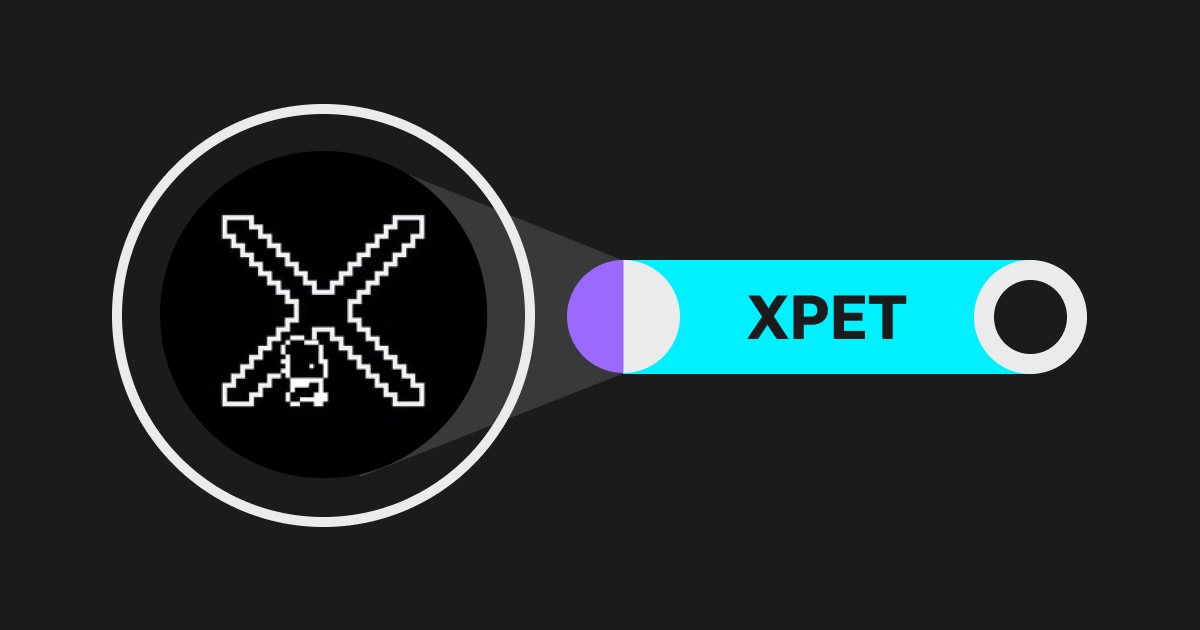The Central Bank of Nigeria (CBN) has reversed its ban on dealing with companies involved in digital tokens.
According to BusinessDay, the CBN has now directed banks to open accounts for crypto companies, marking a reversal of the ban imposed in 2021.
The decision comes as the Securities and Exchange Commission (SEC) of Nigeria issued new regulations for crypto companies operating in the country.
The ban introduced by the CBN in February 2021 prohibited depository financial institutions from trading with cryptocurrencies or operating cryptocurrency exchanges.
However, the recent change in the law will provide much-needed support for crypto exchanges in Nigeria, a country ranked second in blockchain data firm Chainalysis Inc.'s adoption index.
Despite the volatility of virtual asset prices, Chainalysis reported in September that crypto trading in Nigeria continues to grow by 9 percent.
Crypto companies need to be licensed
Under new regulations, Nigerian banks are now allowed to open bank accounts for crypto companies (also known as Virtual Asset Service Providers, VASPs). They can offer designated clearing accounts that act as conduits for foreign exchange movement and trade. However, crypto companies must obtain a license to operate from the SEC and meet certain requirements.VASPs, including crypto exchanges, must pay a minimum paid-up capital of at least 500 million naira ($553,000) and must be registered with the Corporate Affairs Commission (CAC) of Nigeria. In addition, companies wishing to issue tokens must submit a white paper to the CAC and await approval before launching in Nigeria.
To ensure compliance, banks require Bank Verification Numbers (BVNs) from all directors and owners of crypto companies that receive services. The guidelines also include stringent Know Your Customer (KYC) measures that VASPs must adhere to before entering into a banking relationship.
The Nigerian currency has experienced significant devaluation this year, prompting residents to turn their attention to cryptocurrencies as an alternative means of storing value. With the reopening of banking channels, the crypto industry in Nigeria is expected to grow further.
Recall that in October, a group of Nigerian blockchain experts criticized the country's central bank's decision to ban cryptocurrencies in 2021. At the time, Convexity CEO Adedeji Owonibi praised the system around blockchain technology and slammed the Central Bank of Nigeria for its failure to implement favorable policies. He commended the role of the Nigerian National Information Technology Development Agency (NITDA) in driving the first ever national blockchain policy in May, which will protect creators, investors and users. Similarly, other experts at the summit highlighted the regulatory hurdles faced in multiple jurisdictions and blamed the lack of proper understanding of the concept and nature of the technology as a key factor in the Central Bank of Nigeria's ban two years ago.
Leave a comment
Your email address will not be published. Required fields are marked *










